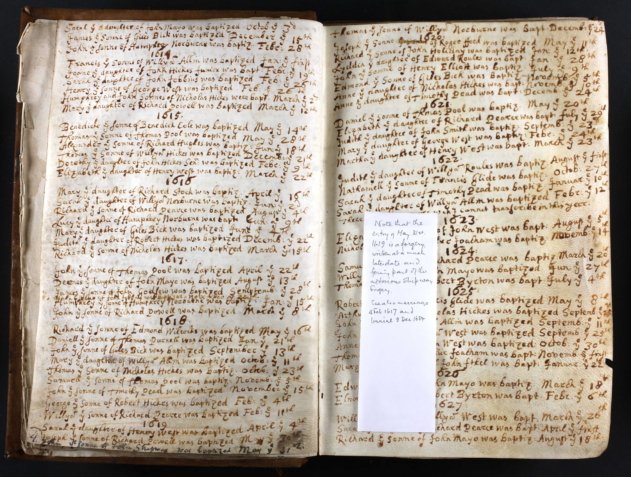What is "Open Genealogy" and why is it important?
More accessible, more usable, and free, forever
It’s not a surprise to learn that more people have taken up genealogy in the past year. What better lockdown pastime than one which can be undertaken by anyone from the comfort of their own home?
Paid-for family history research sites are reporting increases in annual subscribers of up to 50%. “All you need is an internet connection and an inquiring mind!” according to one of them.
If only that were true! Even if you use only the free sites, some data can still only be accessed for a fee, and BMD certificates must be purchased. Regrettably, this means some people feel unable to take up or continue with their research.
That’s why Free UK Genealogy continually pursues its vision to make data more accessible, more usable, and free to use, forever. (And that’s why so many of you selflessly give up your time and skills to transcribe our records, helping to ensure that everyone has free access to their BMD, census and parish registers’ data.)
Fortunately, we are not alone. There are many other organisations around the world that believe in open, global genealogy.
Archives are for everyone
So, what is open data and why is it important?
Open data is the idea that our data should be freely available for everyone to use and republish as they wish, without restrictions from copyright, patents or other mechanisms of control.
This is important because, as the National Archives puts it, such data is “an essential resource for our democracy, a public good and an asset for future generations. Our conviction is that archives are for everyone and that archives change lives for the better.”
That’s a strong statement. But try a Google search on ‘benefits of genealogy’ and it returns over 32 million results. Among those listed are renewed sense of purpose; increased mental stimulation; reconnecting/making new connections with extended family; meeting like-minded people through groups and forums, and even discovering important family medical history.
At Free UK Genealogy, we know that it’s only by having open, global genealogy that will enable EVERYONE to enjoy such benefits.
Who does it?
So, aside from ourselves and the National Archives, which other organisations share our vision? Another Google search, this time for "totally free genealogy websites UK", returns 717,000 results comprising websites, articles and lists.
Most cite organisations such as ourselves, GENUKI, FamilySearch, RootsChat, the General Register Office, and the National Archives, but there’s also a myriad of event- or occupation-driven sites ranging from The Proceedings of the Old Bailey and Find a Will to The Gazette (receiverships, liquidations and bankruptcies) and Historical Trade Directories.
Other organisations on our own wide-ranging radar include: Legacies of British Slave Ownership – UCL; Wikitree (a community of genealogists connecting the one human family tree using traditional genealogy and DNA testing); Open Archives NL (containing genealogical data of Dutch and Belgian archives); and Open Genealogy Data (a community project to make data that is important to genealogists available outside of the walled-gardens of large corporate entities).
There are thousands more.
How does it differ?
The main difference between free and paid-for sites is – obviously – the cost. While paid-for sites offer additional benefits such as ease of access to their collection ‘all in one place’, suggestions on other records to view, and connections to others’ trees, these CAN also be found through combining the various free sites, once you get the hang of them. You just need time and patience.
At Free UK Genealogy, we understand that transcribing or indexing records to make them searchable can incur huge costs. But, as our working model proves, it is possible to bring together volunteers to see a project through, and therefore keep the costs to a minimum.
Paid-for sites want to increase the number of records they offer as quickly as possible so that people will continue to pay a subscription. This can sometimes result in poor transcriptions - we all know that transcribing is actually a labour of love that cannot be rushed.
So, the other main difference is that free sites can offer better transcriptions than paid-for sites. But you know that – we don’t need to preach to the converted!
Taking to the stage
We are encouraged that so many organisations share our vision about making genealogy data more accessible, more usable, and free to use, forever.
And we are delighted that some of them will be taking to the stage to talk about OPEN, GLOBAL GENEALOGY at our 2021 conference on 22nd and 29th May. Learn morehere– and we hope you will be joining us, too.

